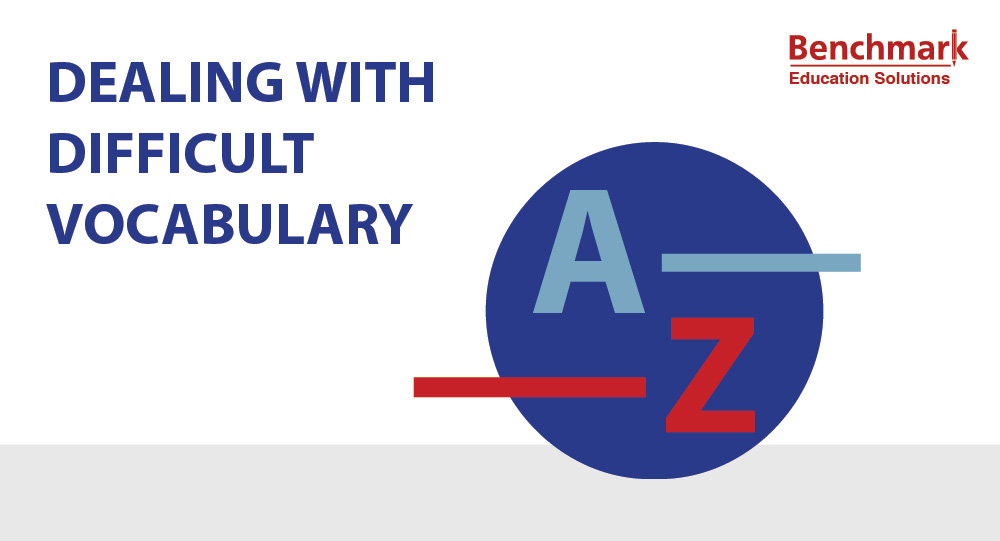
The English language is full of challenging words that often trip up native speakers and learners alike. Sometimes it is an unusual spelling or an irregular verb that takes on an unexpected form. Other times, it is two words that look or sound very similar but in fact have different meanings.
These sorts of challenges await us in all areas of language, but of course they present a tough obstacle to overcome in OET writing as well. It is useful to consider some of the common mistakes that catch out so many students during the test.
1. Breath and Breathe
These two words are often misused because of their similarity in spelling. It should be remembered that “breath” is a noun referring to the air going in or out of a person, while “breathe” is the verb form related to this.
- She reported shortness of breathe.
- She reported shortness of breath.
- The patient was encouraged to breath deeply.
- The patient was encouraged to breathe deeply.
These words are often misspelled by people, including native speakers of English, but doing this in the exam would not be overlooked. Make sure to learn the difference between these important words.
2. Advice and Advise
These two words are often mistaken for the same reason as the ones above: they look the same, but are in fact different parts of speech. “Advice” is a noun, referring to the recommendations given, while “advise” is the verb form that means to give such a recommendation.
- The patient was adviced to avoid heavy lifting.
- The patient was advised to avoid heavy lifting.
- Hart was given some advise by the on-duty nurse.
- Hart was given some advice by the on-duty nurse.
As this is a particularly common word in relation to OET writing, it is well worth spending some time to ensure that your knowledge of these words is impeccable.
3. Than and Then
Another common error in English, and one that is very tricky, is identifying the difference between “than” and “then”. The difference here is entirely within their use cases: “than” shows comparison between things, while “then” shows an order of events.
- He was checked for signs of concussion and than given an MRI.
- He was checked for signs of concussion and then given an MRI.
- The morning dose should be greater then the evening dose.
- The morning dose should be greater than the evening dose.
4. Affect and Effect
One of the most common mistakes in the English language is to confuse “affect” and “effect”. However, the difference is simply that one is a verb and the other is a noun. Specifically, “affect” is the verb form, and “effect” is the resultant noun. Both of these could well appear in the OET, so it is important to be confident in how to use them correctly.
- The drug treatment has had no affect on him.
- The drug treatment has had no effect on him.
- He claimed not to have been effected by the accident, but his wife has noticed changes in his behavior.
- He claimed not to have been affected by the accident, but his wife has noticed changes in his behavior.
5. Test
Read the following passage and correct the mistakes:
- Robertson was admitted to the emergency department after presenting shortness of breathe, and than checked by the on-duty nurse. He had been taking twice as much medication as his GP had recommended, but claimed to have never suffered any negative affects before. He was adviced to continue with the recommended dosage.
Mr. Robertson was admitted to the emergency department after presenting shortness of breath, and then checked by the on-duty nurse. He had been taking twice as much medication as his GP had recommended, but claimed to have never suffered any negative effects before. He was advised to continue with the recommended dosage.









thank yuo so much